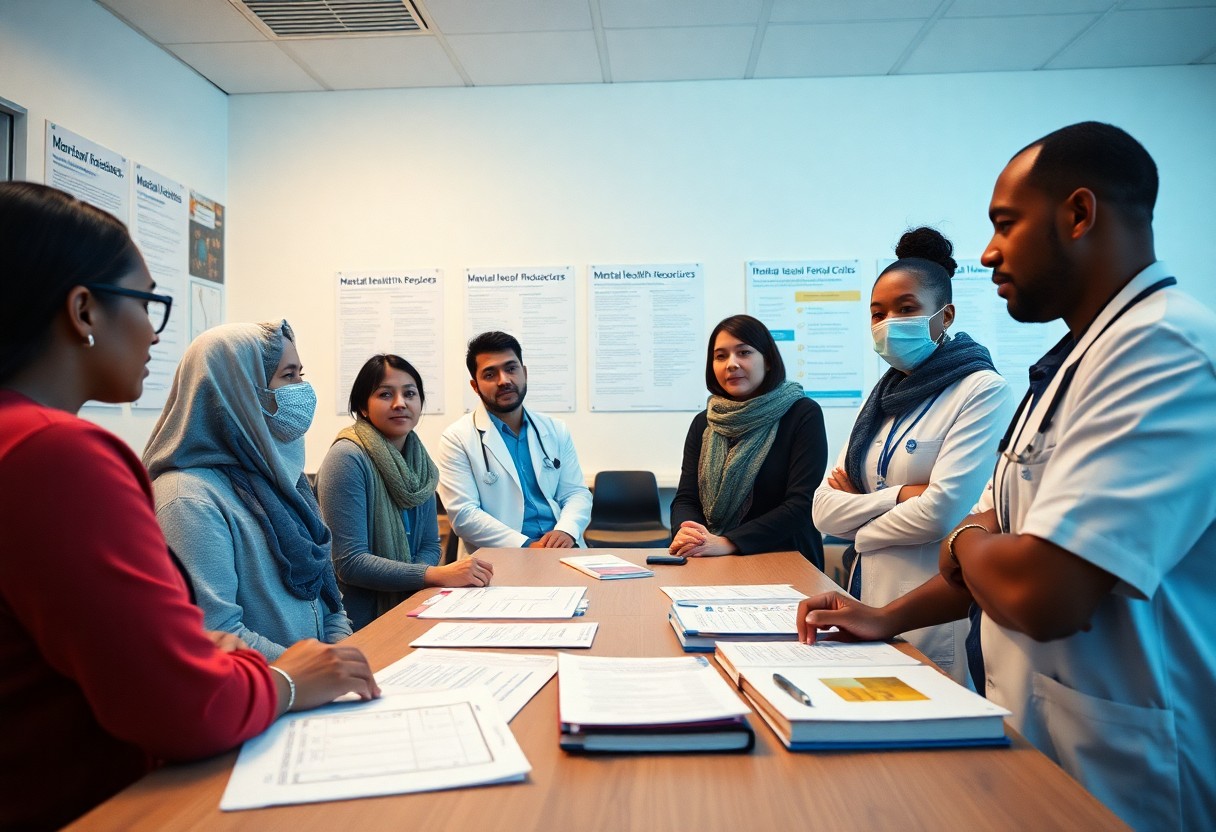Forced Marriage & FGM
Expert Psychological Assessments for Court and Legal Proceedings

Forced marriage and female genital mutilation (FGM) are serious human rights violations with significant psychological, physical, and relational consequences. Expert psychological assessment helps the court understand:
The trauma and emotional impact on the individual
The role of family, cultural, or community pressure
The risks of ongoing or future harm
The implications for parenting, protection, and contact
Psychological Impact
Survivors of forced marriage or FGM may experience:
Symptoms of post-traumatic stress, anxiety, and depression
Shame, guilt, and self-blame
Conflicts between personal safety and loyalty to family or community
Difficulties with trust, intimacy, and bodily autonomy (particularly in FGM cases)
Assessment explores these difficulties in a sensitive, trauma-informed way.

Trauma, Culture, and Safeguarding
These cases exist at the intersection of trauma, culture, and safeguarding. Key themes include:
The degree of choice or coercion involved
Threats of ostracism, retaliation, or loss of support
The individual’s current safety and support network
How cultural and community expectations shape decision-making
The assessment keeps the focus on safety while recognising the complexity of identity, belonging, and family ties.

Assessment Methods
Methods are tailored to each person’s circumstances and may involve:
Detailed clinical interviews on trauma history and current wellbeing
Validated measures for PTSD, anxiety, and depression
Review of medical, safeguarding, and social care documentation
Careful use of interpreters where required, with attention to confidentiality and cultural sensitivity
The process is paced and managed to minimise distress and avoid unnecessary re-traumatisation.

Implications for Children and Family Court
In family proceedings, the key question is how forced marriage or FGM affects:
Parenting capacity and emotional availability
The ability to protect children from similar harm
Risk of future coercion, travel for marriage or FGM, or community pressure
Where cases overlap with Domestic Violence & Coercive Control or Parental Capacity issues, the report cross-references those areas to give the court a joined-up understanding.
Recommendations for Protection and Support
Recommendations may include:
Protective orders and restrictions on travel
Safety planning and specialist advocacy support
Therapeutic interventions focused on trauma and recovery
Guidance on safe contact arrangements and information sharing
The emphasis is on long-term safety, psychological recovery, and prevention of further harm to children and vulnerable adults.
Instruction and Contact
Dr Aisha Ali accepts instructions from solicitors, local authorities, guardians, and courts across the UK. Assessments can be arranged within agreed timescales, with urgent cases accommodated where possible.
Referrals are handled securely and confidentially in line with data protection and court protocol.
Contact:
For instructions or enquiries, please use the secure contact form or email provided on this site.
CONTACT
Phone: 0044 7508 161794
Email: draisha.f.ali@gmail.com
Address: Dr Aisha Ali
F04 1st Floor Knightrider House,
Knightrider Street, Maidstone, United Kingdom,
ME15 6LU


